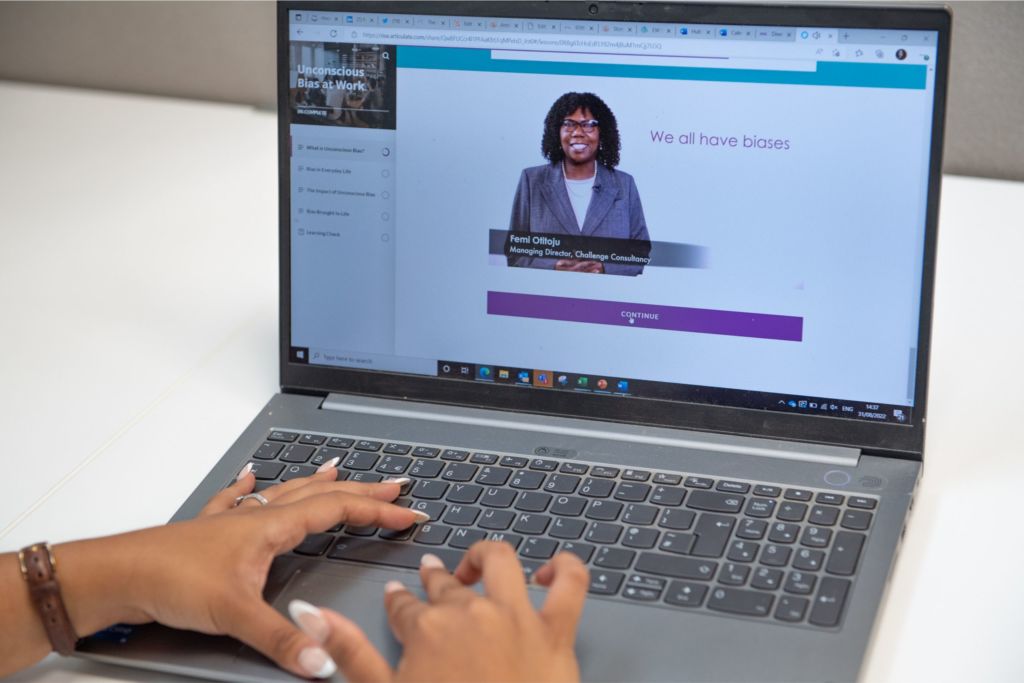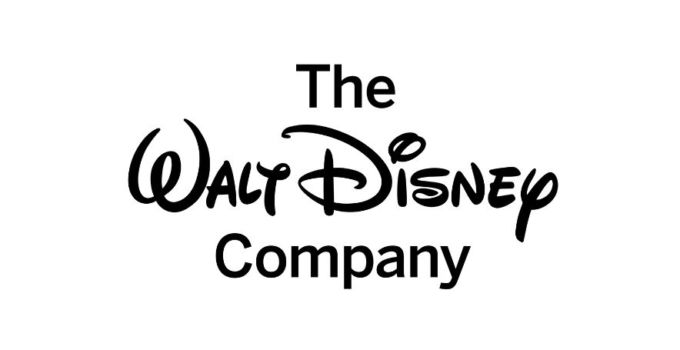Specialists in unconscious bias and diversity e-learning
An extension of our all-staff UB course, our unconscious bias e-learning for managers will guide your learners through a series of performance management and decision-making moments that are prone to bias. We believe that for an unconscious bias program to be effective, it needs to be carefully tailored to your organization. We use acted video content to show typical workplace scenarios in which unconscious bias might appear. Our unconscious bias e-learning for managers is an online solution, but that doesn’t mean it can’t be bespoke to your business.
Increasing Performance
85% of the world’s CEOs say a clear diversity and inclusion strategy leads to increased performance
Open Hidden Potential
Culturally intelligent leaders are 3.5 times more likely to get the full potential out of their staff
Unconscious bias in boards hindering diversity
According to one survey by Harvey Nash and Engage, 63% of Black, Asian and minority ethnic leaders believe that unconscious bias in boards and CEOs is hindering diverse staff from progressing to senior levels. (In the FTSE 100 alone, senior management teams are 74% male and 95% white.)
Another survey by the Corporate Leadership Council showed that 83% of HR executives did not think their organization was able to effectively recruit diverse talent. Leaders are addressing unconscious bias – read our blog post on what this means in practice.

Course overview
Our design is built around real-life scenarios. We’ll make your managers aware that unconscious bias exists in all of us, and then focus on the steps that can be practically taken to overcome it. We’ll collaborate with you to design an unconscious bias package that really resonates with your managers.
Components in your unconscious bias e-learning course may include (non-exhaustive list):
- Definitions and key concepts for managers
- Considering the legal context of unconscious bias
- How unconscious bias affects your decision making and problem solving
- How unconscious bias impacts on your organizational culture
- Managing cultural conflict at work
- Skills, tools and techniques to overcome unconscious bias in talent management
- Facilitated reflection
- Strategic action planning to address unconscious bias
- The psychology and science of unconscious bias, and the latest research on the subject.
Looking for unconscious bias e-learning for your managers?
get in touchWhat our clients say

What are the effects of unconscious bias?
In the workplace, the effects of not addressing unconscious bias can range from:
- Individuals feeling excluded and being less productive and engaged as a result
- A failure to maximize team performance and the other business benefits of diversity
- Instances of workplace bullying, unlawful harassment or discrimination
- By addressing unconscious bias, companies can improve employee engagement and performance levels, and reduce the need for costly mediation and/or tribunal.
What is unconscious bias in performance management?
Life experiences – whether positive, negative or neutral – heavily influence how we view and evaluate others. Our actions are directly informed by these experiences, which can lead to unconsciously biased decision-making.
An unconscious bias is an association or assumption held by an individual, which affects their attitudes and behaviors. Also known as implicit stereotypes, these biases are often displayed subtly and without premeditation or intention: through body language, mannerisms and conversation.
Areas that are especially vulnerable to unconscious bias in management include:
- Decision making and governance
- Recruitment and selection
- Performance reviews and appraisals
- Promotions, acting up opportunities and fast-tracking
- Selecting a project team
- Supplier procurement.

What can I do as a manager to address unconscious bias?
Our unconscious bias e-learning for managers focuses on what can be done given that we all have biases. In practical terms this will mean building your managers’ individual awareness of unconscious bias, and their understanding of its impact at work. We’ll also prime them with a series of practical tools, strategies and frameworks they can apply immediately to their management roles.




